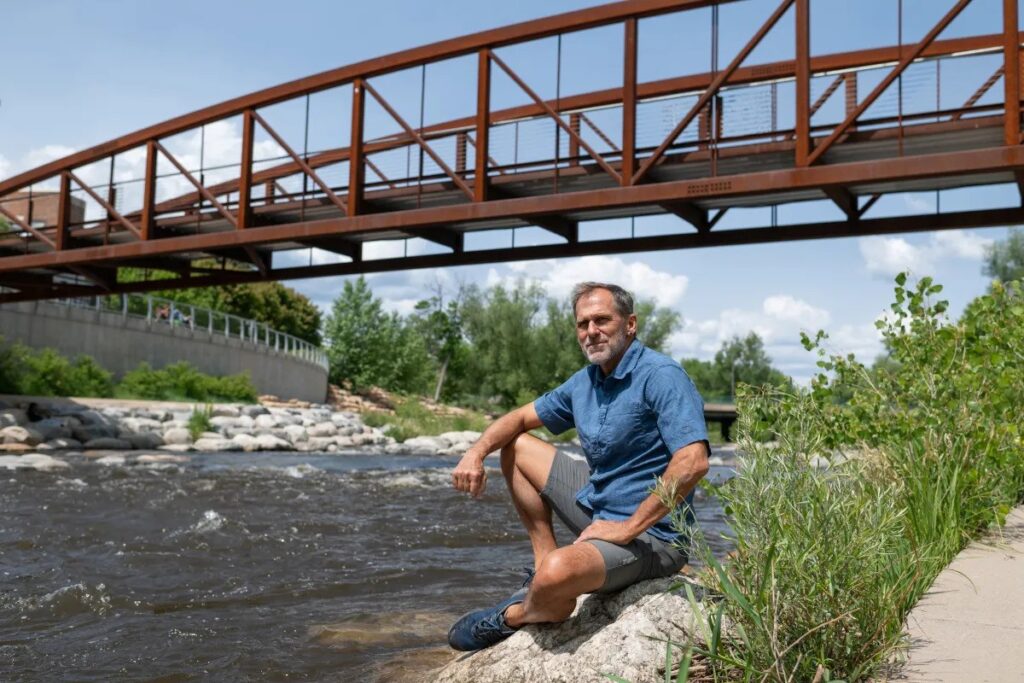Spearfishing Expansion Proposal Denied by Colorado Parks and Wildlife Commission
The dream of expanding spearfishing opportunities in Colorado waters has hit a wall, as the Colorado Parks and Wildlife Commission (CPW) recently cast a near-unanimous vote against a petition aimed at launching a three-year pilot program. This initiative sought to broaden spearfishing activities across 16 well-frequented water bodies, including Lake Pueblo, Horsetooth Reservoir, Lake Granby, and Twin Lakes.
Despite initial support from CPW officials for the proposal, which was championed by local advocate Austin Rickard, the commission ultimately sided with those opposed to the expansion. Rickard, manager of a Grand Junction diving shop and a leader within the Colorado Spearfishing Club, has advocated for this cause for several years. The club, while small, represents a niche of underwater fishing enthusiasts in the state.
Current State of Spearfishing in Colorado
A report accompanying the petition estimated that while CPW issues about 900,000 fishing licenses annually, only about 100 individuals actively engage in freshwater spearfishing. This statistic reveals the limited scope of the activity, which faces prohibitions regarding swimming and diving in multiple fisheries, leading to constrained opportunities for divers.
Currently, Colorado law permits spearfishing for invasive species such as northern pike and carp, with Lake Pueblo also allowing select catches like catfish and wipers. “As it stands, we’re restricted to just two game species and two invasive species,” Rickard highlighted.
Details of the Proposed Initiative
The petition sought to amend these restrictions, proposing an allowance of one fish per species per day across additional lakes and reservoirs. The proposal referenced data from states like Nebraska, New Mexico, and Utah, indicating minimal negative impacts on habitats due to similar practices. Rickard emphasized, “We aim to demonstrate to CPW and the broader fishing community that spearfishing is not an impactful sport.”
| State | Active Spearfishers | Annual Fishing Licenses |
|---|---|---|
| Colorado | ~100 | 900,000 |
| Nebraska | Few | Not Specified |
| New Mexico | Few | Not Specified |
| Utah | Few | Not Specified |
Concerns Raised by Commissioners
The CPW commissioners expressed skepticism over the proposal’s execution, posing concerns about identifying fish size and species accurately underwater. Commissioner Jessica Beaulieu noted that while traditional anglers can release fish that are incorrectly caught, spearfishing results in guaranteed death. Additionally, safety and enforcement issues were brought up, particularly regarding potential interactions with swimmers, boaters, and other anglers in crowded water bodies.
Assistant Director of the Aquatic Wildlife Branch, Matt Nicholl, mentioned that their staff believed managing the small numbers of spearfishers was feasible during the proposed pilot phase. Nevertheless, other commissioners like Dallas May contended that the possibility of targeting fish hiding in distressed habitats makes spearfishing more disruptive compared to traditional fishing methods.
Looking Forward
The discourse surrounding spearfishing in Colorado is far from over. This recent rejection of the proposal marks the second significant attempt Rickard has undertaken, inspired by previous advocates. Showing resilience, Rickard stated, “Hopefully this time next year we’ll have something in the works.” The battle for expanded spearfishing opportunities will likely continue as stakeholders on both sides voice their perspectives.

